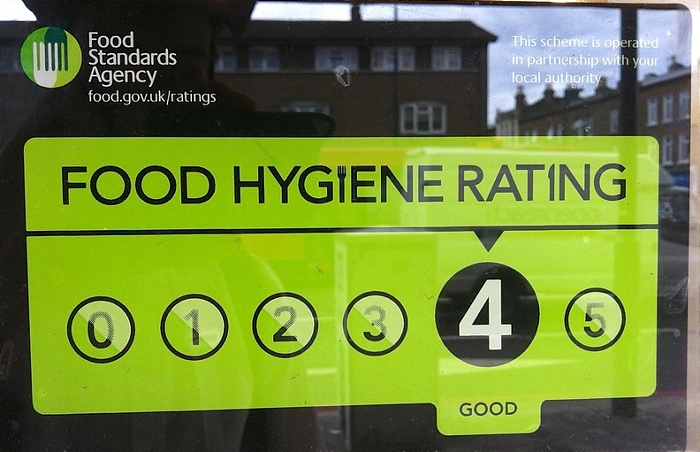
Any commercial kitchen should prioritise the proper management of food safety, whether you’re a large restaurant kitchen that serves hundreds of visiting diners every night or even a small cafe that feeds just a handful of locals.
No matter how big or small a commercial kitchen is, hygiene should always come before anything else in food production.
There are strict rules and guidelines set out by food safety regulators too. No restaurant owner wants a 1 star rating slapped across their front window, or worse – no one wants the threat of enforced closure due to the maintenance of poor hygiene.
Here’s our 6 best food safety tips for any restauranteur or cafe owner who is looking to become more efficient in their hygiene strategy.
1. Upskill your employees
Start by creating a written food safety plan that clearly sets out the guidelines everyone needs to follow.
Train all of your employees in every single aspect of the plan, whether they’re kitchen chefs, food servers, or administrative staff.
Good housekeeping and cleanliness comes with teaching them new skills on how to identify and prevent food safety risks, including knowing how to remove waste and wipe down food preparation areas.
2. Enforce strict rules and lead by example
Establish a culture that values food safety.
Set out strict unwavering rules that every single employee should comply with no matter what.
Management needs to lead by example too. Your employees should see you obeying your own rules.
This kind of top down leadership is vital for making sure everyone takes the rules seriously.
3. Teach them the necessary personal hygiene requirements
Your employees should know the ins and outs of all the basic personal hygiene requirements.
Provide them with the correct uniform (hair coverings, gloves, aprons) and instruct them to wash this clothing ready for every shift.
Then teach them the correct hand-washing techniques. Start at the very beginning of personal hygiene and leave no stone left unturned.
4. Look after the interior AND exterior of your building
Don’t neglect the exterior of the building in favour of a clean kitchen. The two come hand in hand.
Building exteriors need to be maintained properly in order to deter any unwanted rodents from entering inside.
Any exterior bins should be inaccessible to pests and a monthly pest control check-up is a great idea for making sure everything is under control.
When it comes to interiors, make sure that all your kitchen equipment – from your oven, to your pasta machine, to your refrigerator, to everything else – is in good condition and working as it should be. If you spot something isn’t quite right, get maintenance out to fix it before it has a chance to become a real danger.
5. Only use trustworthy food suppliers
Only build partnerships with food suppliers that you trust.
Make sure all your partners are following food safety requirements, especially when you start to use new unknown suppliers.
Check all food containers when they arrive and make sure the produce is the right temperature and properly stored (particularly meat and shellfish).
6. Make food storage control the No. 1 priority
Your kitchen’s own food storage should be correct too.
Make it the no.1 priority and don’t EVER let standards slip. Foodborne illnesses are a very serious risk to your customers.
Food types should be separated too, including the separation of raw and cooked foods.
It’s also a good idea to use clear labels to track shelf life and prevent cross-contamination.
(Creative commons pic by Quinn Comendant)


















Recent Comments